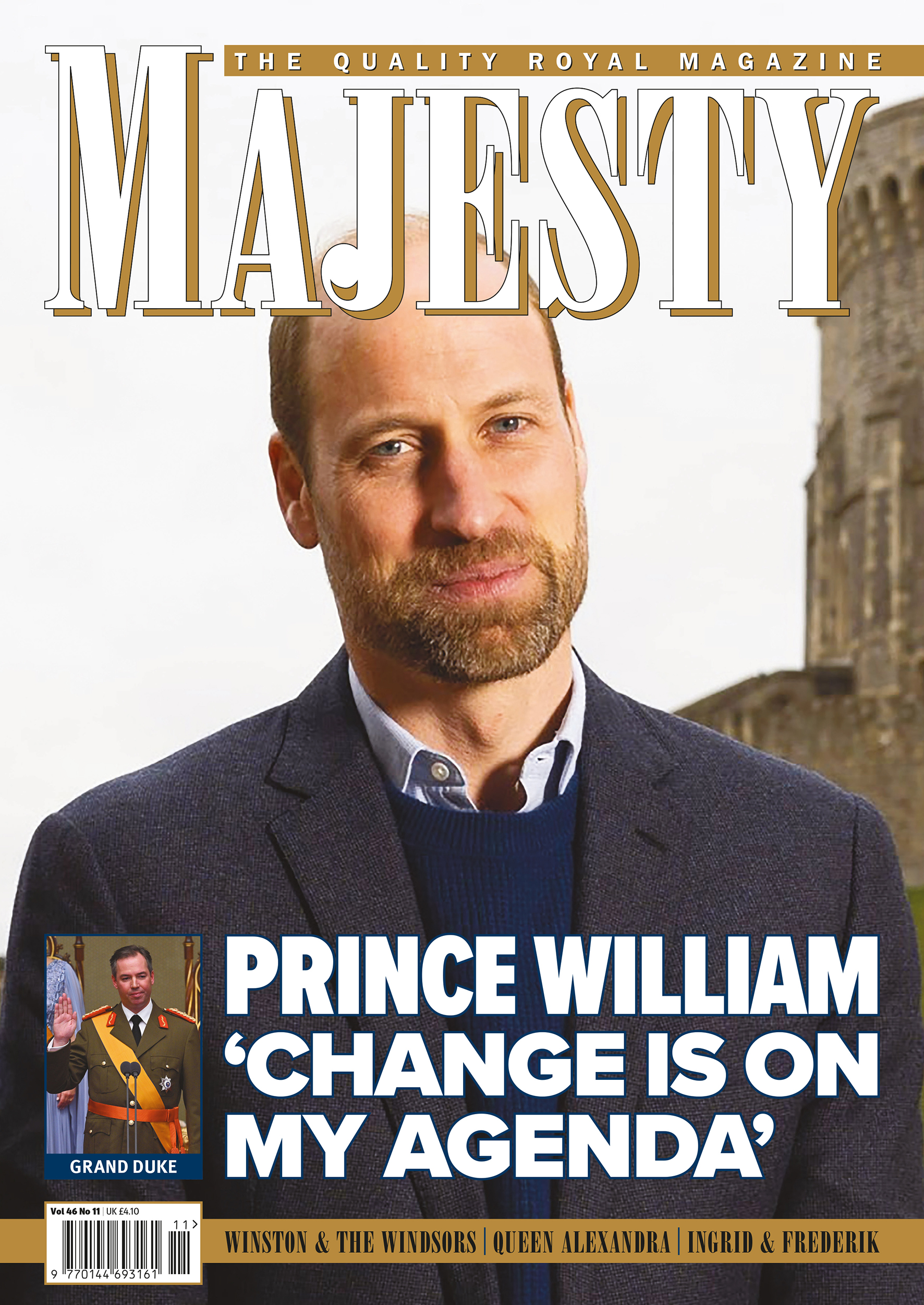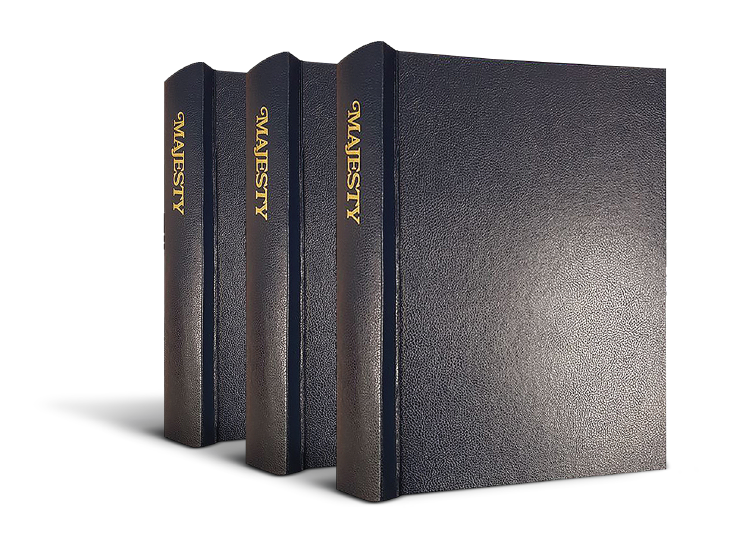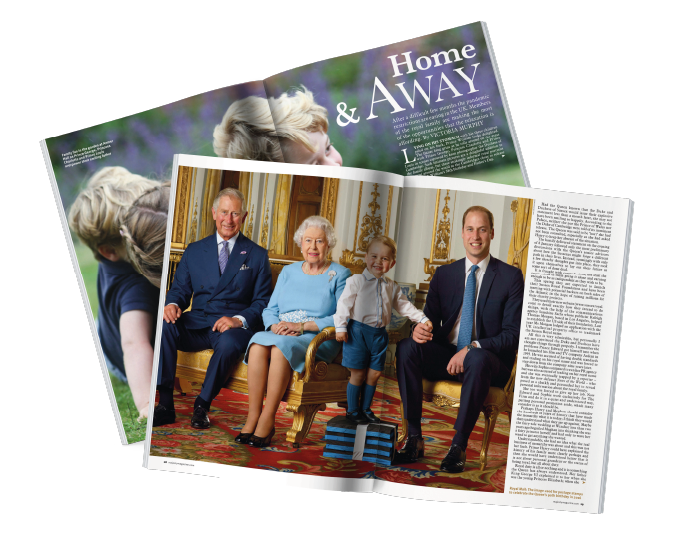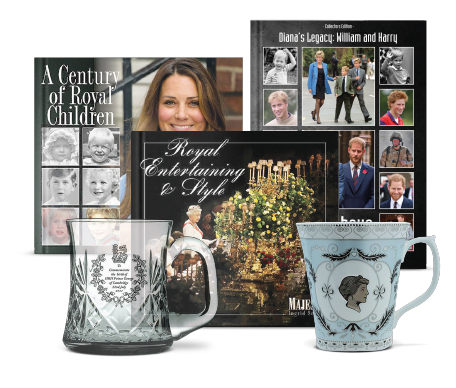
never miss an issue

This month the Prince of Wales is travelling to Brazil for the fifth year of his successful Earthshot Prize environmental awards. The ceremony in Rio de Janeiro on 5 November will see five projects awarded £1 million each to advance their work, which is a pretty good start-up for a burgeoning business. Announcing the finalists, chief executive Jason Knauf – once press secretary to the prince – praised his former boss’s leadership skills and reminded us how much William cares about ‘the tradition of his family’s legacy of service’. The event coincides with COP30, the UN climate change conference taking place in Belém. William will represent his father at the world leaders summit on 6 November.
The King, who reaches his 77th birthday on 14 November, has much to celebrate. In spite of his ongoing cancer care over the past 18 months he conducted official duties on more than 175 days – the busiest period of his reign so far. He derives pleasure from his work and energy from the positive reaction of the people he meets. He has been semi-mobbed, hugged and had his hands shaken until they are sore, but he relishes his duty – even if he may not agree with everything he is required to do.
Although Charles III and Donald Trump disagree on matters such as the environment and global warming the monarch more than fulfilled his role as head of state during the president’s visit to the UK in September, putting on a show unsurpassed in recent years.
Lord Darroch, a former British ambassador to the US, noted that the success of the visit was down to His Majesty and his expertly impartial approach honed since he ascended the throne. He called the King ‘a very accomplished’ diplomat, saying: ‘He just knows how to do it.’ Such words might not have been attributed to Charles as Prince of Wales when he used to write to government officials reminding them of exactly how they should be doing their job. He was frequently right, but his interventions were regarded by some as ‘meddling’.
The Princess Royal showed her compassionate side by finding time in her tightly-packed schedule to visit Ukraine at the beginning of October. The princess arrived by train carrying a raincoat, backpack and bag. Her unannounced trip to Kyiv – at the request of the Foreign Office – was made to draw attention to the conditions of children living on the front line and to commemorate the more than 650 young people who have died as a direct consequence of the Russian invasion.
The princess placed a teddy bear on the children’s memorial and told First Lady Olena Zelenska: ‘That was one that my daughter [Zara] had.’ She later handed President Zelenskyy an envelope bearing a royal crest, most likely a letter from her brother, the King.
The Duchess of Edinburgh had a similar top-secret agenda when, three years after her first visit, she returned to the Democratic Republic of Congo in late September for a high-risk four-day visit. Sophie met women peacebuilders working at grassroots level to highlight their support of local peace initiatives, and witnessed the devastating impact of the ongoing conflict, particularly on women and girls.




